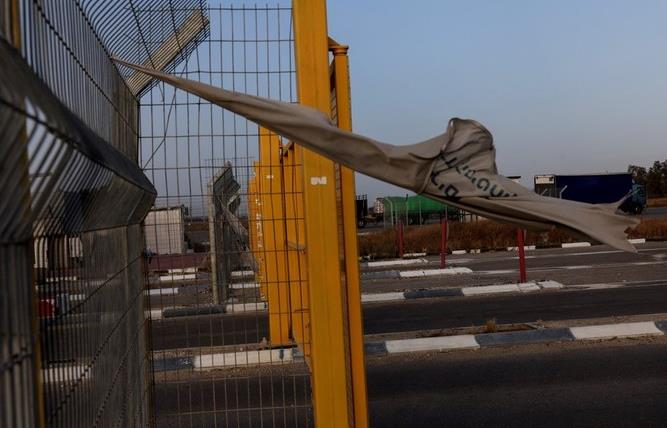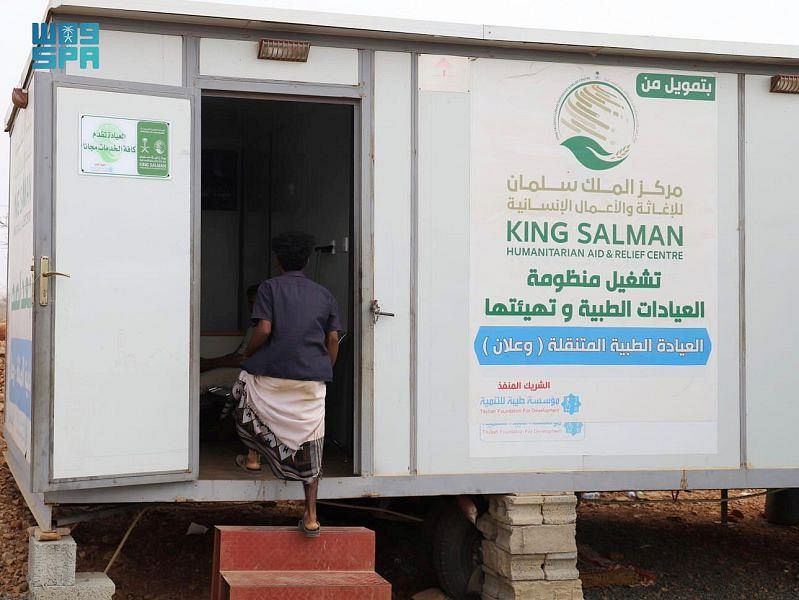
CAIRO, Aug 24 (Reuters) - The World Health Organization only has enough supplies in Afghanistan to last for a week after deliveries of medical equipment from abroad were blocked by restrictions at Kabul airport, a senior regional WHO official said on Tuesday.
The U.N. agency was also concerned the current upheaval in Afghanistan could push up COVID-19 infections, with testing dropping by 77% in the past week and vaccinations also down, officials from the WHO"s Eastern Mediterranean officesaid.
The WHO officials, in an online briefing, said 95% of health facilities in Afghanistan remained operational but that some female staff had not returned to their posts and some female patients were now afraid to leave their homes.
"We rapidly distributed lifesaving supplies to health facilities and partners in Kabul, Kandahar and Kunduz but WHO now only has enough supplies in country to last for one week. Yesterday 70% of these supplies were released to health facilities," said WHO regional director Ahmed Al-Mandhari.
Deliveries from Dubai of more than 500 tonnes of medical supplies including surgical equipment and severe malnutrition kits have been held up because of restrictions at Kabul airport, the WHO says. read more
The agency was encouraged by feedback by countries offering flights to bring the supplies in and was hoping for progress this week, said Richard Brennan, the WHO"s regional emergency director.
"We"re in negotiations with three or four countries ... I think we will be able to secure flights," he said.
After a major scaling back the WHO was stabilising its operations, Brennan said.
"We have had some encouraging signs and encouraging communications, that the Taliban authorities have made it clear that they want the United Nations to stay, that they want the continuity of health services," he said.
"We remain cautiously optimistic that we will be able to get our operation back at increasing scale over the coming weeks."
Kabul airport has been overwhelmed by chaos and violence since the Taliban seized the Afghan capital on Aug. 15. read more
More than 18 million people, over half Afghanistan"s population, need humanitarian aid to survive, the U.N. says. "These needs are increasing daily," Mandhari added.









